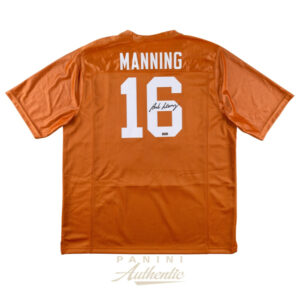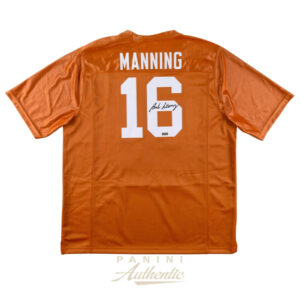Attending sporting events is a time-honored tradition for sports enthusiasts, offering a blend of excitement, adrenaline, and community spirit. However, for individuals with disabilities, the experience can be riddled with challenges, from navigating through crowded stadiums to coping with overwhelming noise levels. In such instances, service dogs step in as the unsung heroes, providing vital assistance and support to their handlers, making it possible for them to revel in the thrill of the game.
Access and Navigation
Service dogs prove to be indispensable allies when it comes to accessing and maneuvering through the intricate layouts of sports venues. For individuals with visual impairments or mobility limitations, the presence of a service dog can significantly ease their passage, guiding them to their seats, avoiding obstacles, and ensuring safe traversal through bustling crowds. This support plays a pivotal role in enhancing accessibility and fostering a sense of independence for individuals with disabilities.
Emotional Support and Anxiety Reduction
The sensory overload experienced at sporting events can trigger anxiety and stress for many attendees. In such scenarios, service dogs offer invaluable emotional support, serving as a calming presence that helps alleviate anxiety levels. Particularly for individuals with PTSD, autism, or severe anxiety disorders, the mere presence of a service dog can be the reassuring anchor that enables them to attend the event with a sense of security and comfort.
Medical Assistance
One of the remarkable abilities of service dogs lies in their training to provide medical assistance in critical situations. For individuals with conditions like diabetes, epilepsy, or severe allergies, service dogs are adept at detecting early signs of distress and promptly alerting their handlers, potentially averting medical emergencies. This capability becomes particularly crucial in the dynamic and high-energy environment of a sporting event, ensuring that handlers receive timely intervention if needed.
Enhanced Independence
Accompanying a service dog to a sporting event empowers individuals with disabilities by promoting a greater sense of self-reliance. Rather than depending on external assistance from friends, family, or event staff, individuals can trust their service dogs to cater to their specific needs, fostering independence and self-confidence. This newfound autonomy allows them to engage more actively in the event and relish the experience on their terms.
Legal Rights and Accessibility
The protection granted by the Americans with Disabilities Act (ADA) ensures that individuals with disabilities have the right to be accompanied by their service dogs in all public settings, including sporting events. This legal framework mandates event organizers to accommodate service dogs without prejudice, assuring equal access for individuals with disabilities to participate fully in the event’s offerings. By upholding these legal rights, sporting venues create a more inclusive and welcoming environment for all attendees.
Tips for Attending Sporting Events with a Service Dog
To enhance the experience of attending a sporting event with a service dog, it’s essential to plan ahead and familiarize yourself with the venue’s policies regarding service animals. Maintaining a calm demeanor during the event helps your service dog stay focused, while ensuring you have essential items like water, snacks, and waste disposal bags on hand is crucial for your dog’s comfort. In case of any resistance or challenges, advocating for your rights under the ADA is key to addressing issues and ensuring a positive experience for both you and your service dog.
Service dogs bring a blend of practical assistance, emotional support, and independence to individuals with disabilities attending sporting events, enriching their experiences and enabling them to revel in the thrill of the game. By embracing the vital role of service dogs in enhancing accessibility, providing emotional comfort, offering medical alerts, and fostering independence, sporting venues can create a more inclusive and accommodating atmosphere for all attendees, ensuring that everyone can partake in the exhilaration of the sports world.





